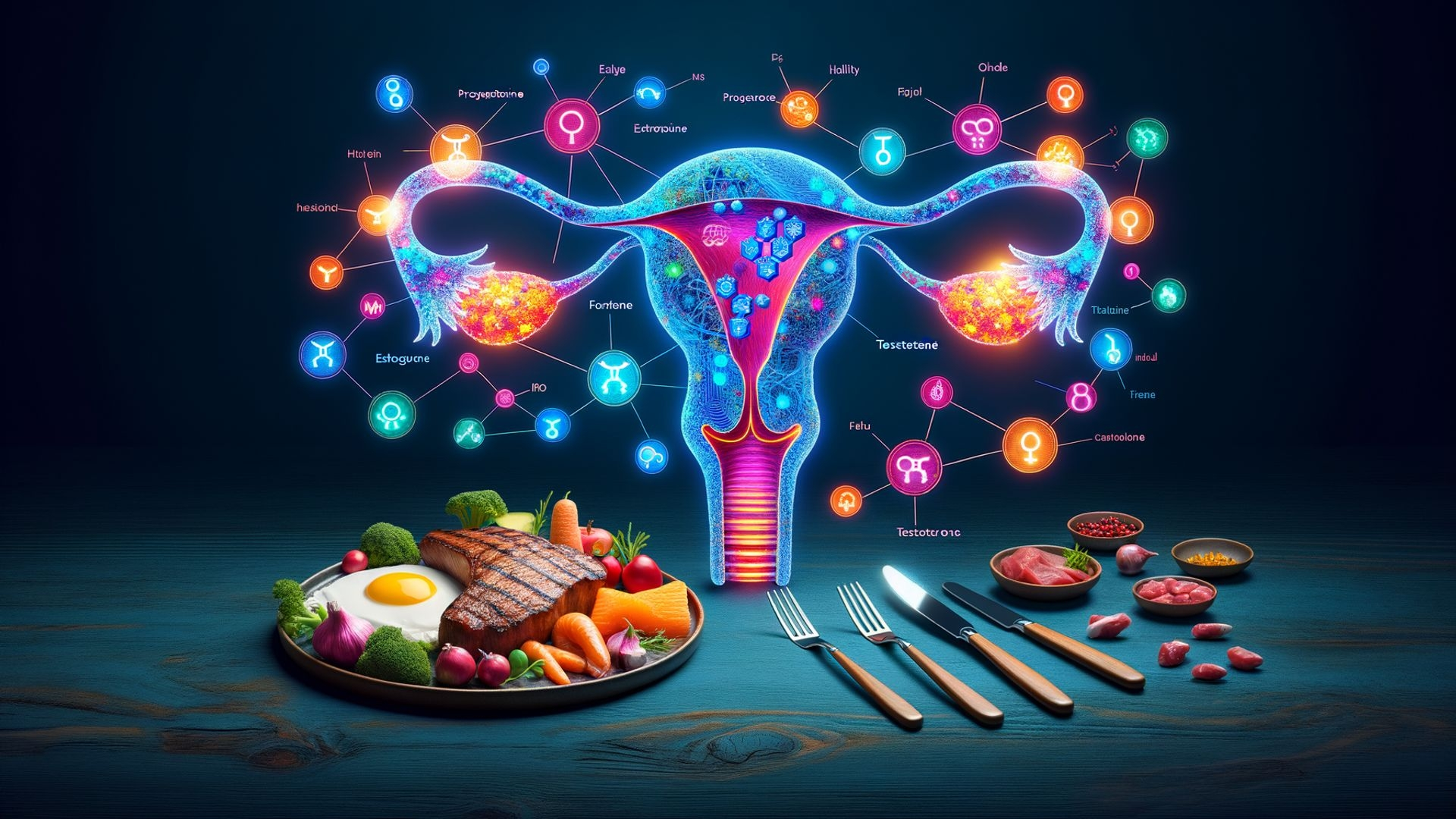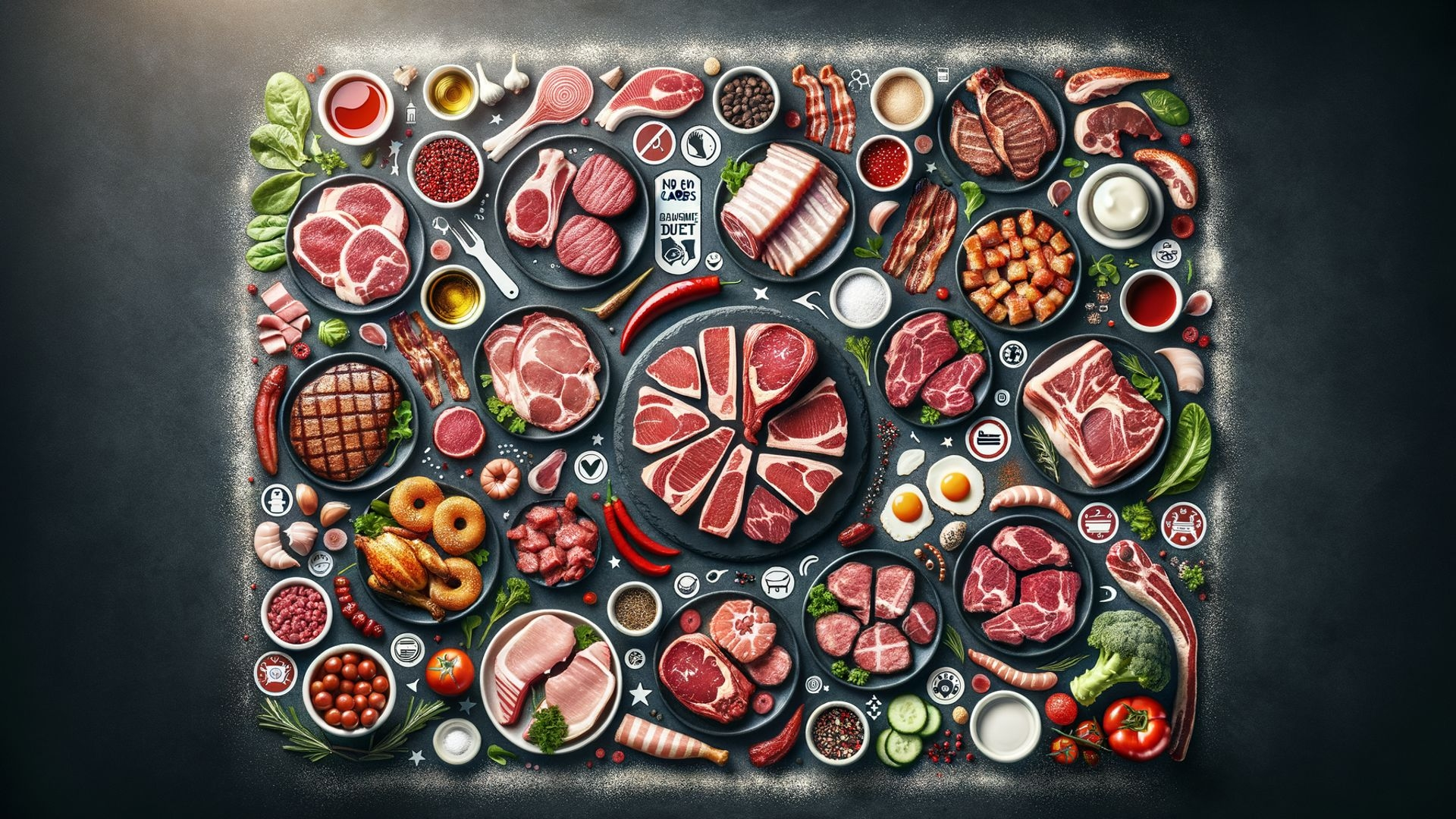Carnivore Diet Headaches: Understanding the Side Effects of the Carnivore Diet
Introduction to the Carnivore Diet
What is the carnivore diet? The carnivore diet, also known as the zero-carb diet, is an eating plan that focuses on consuming animal products exclusively. This includes meat, fish, and other animal-derived foods while excluding plant-based foods like fruits, vegetables, grains, and legumes. Followers of this diet believe that by sticking to animal products, they can improve their health and overall well-being.
Overview of the benefits of the carnivore diet Individuals who choose to follow the carnivore diet often report benefits such as weight loss, improved energy levels, and better mental clarity. The high-fat and protein content of animal products can help satiate hunger, leading to potential weight loss. Moreover, some proponents claim that eliminating carbohydrates can reduce inflammation in the body and improve conditions like acne and joint pain.
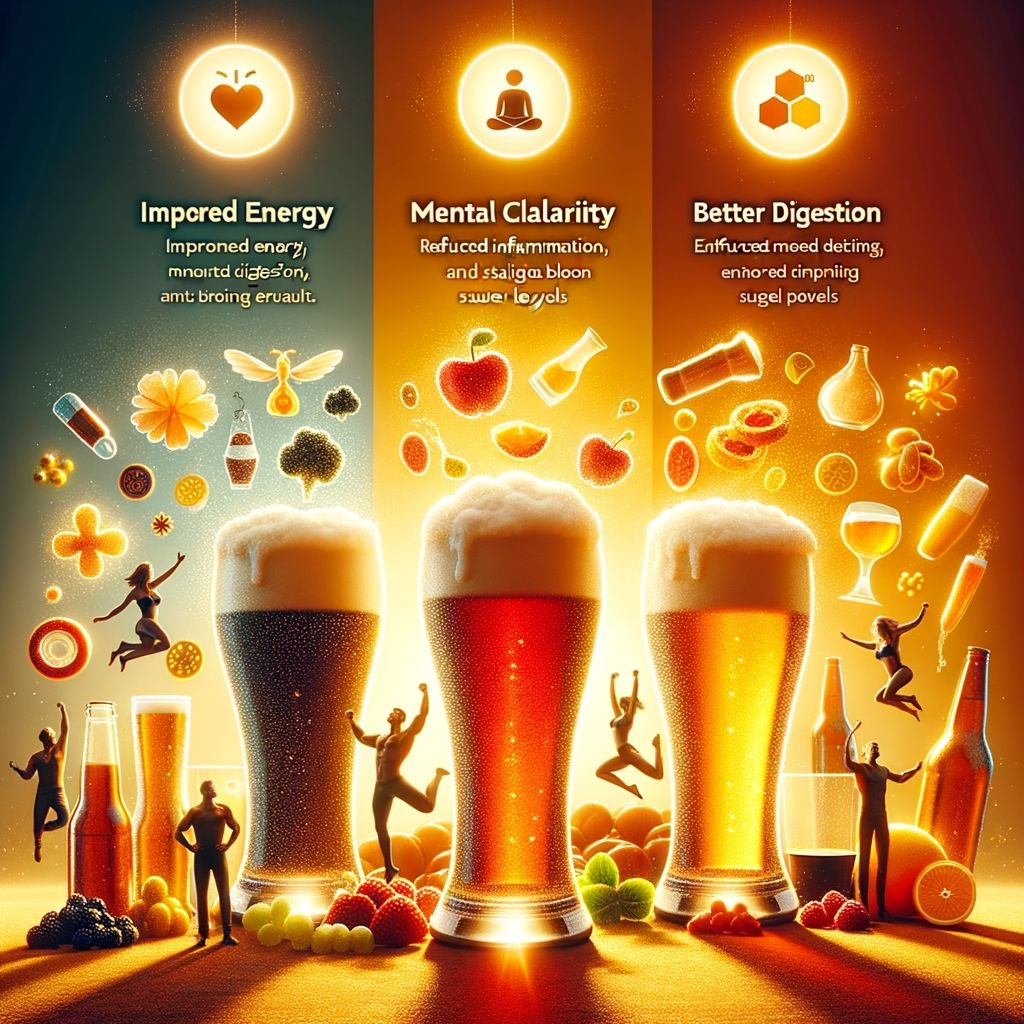
Considerations before starting a carnivore diet Before embarking on a carnivore diet, it is crucial to consult with a healthcare professional to ensure that this eating plan is suitable for your individual health needs. Additionally, it’s essential to be aware of the potential side effects associated with the carnivore diet, including headaches, electrolyte imbalances, and nutrient deficiencies.
Understanding the Impact of the Carnivore Diet
Effect of the carnivore diet on the body The carnivore diet, being high in animal fats and protein, can lead to changes in the body’s metabolic processes. By restricting carbohydrates, the body enters a state of ketosis where it primarily burns fat for fuel instead of glucose. This shift can result in the production of ketone bodies, which are believed to have various health benefits.
Long-term side effects of the carnivore diet While some individuals may experience positive outcomes on the carnivore diet, there are potential long-term side effects to consider. These may include nutrient deficiencies due to the exclusion of plant-based foods, increased saturated fat intake from animal products, and a higher risk of cardiovascular issues associated with a diet rich in animal fats.
Short-term side effects to be aware of In the initial stages of transitioning to a carnivore diet, individuals may experience short-term side effects such as headaches, irritability, and digestive issues. These symptoms are often attributed to the body’s adjustment to a new way of eating and may subside as the body adapts to the changes.
Connection Between Carnivore Diet and Headaches
How does the carnivore diet trigger headaches? Headaches on the carnivore diet may be triggered by various factors, including electrolyte imbalances, dehydration, or changes in blood sugar levels. The sudden reduction in carbohydrate intake can lead to glycogen depletion, causing the body to release stress hormones that may contribute to headaches.
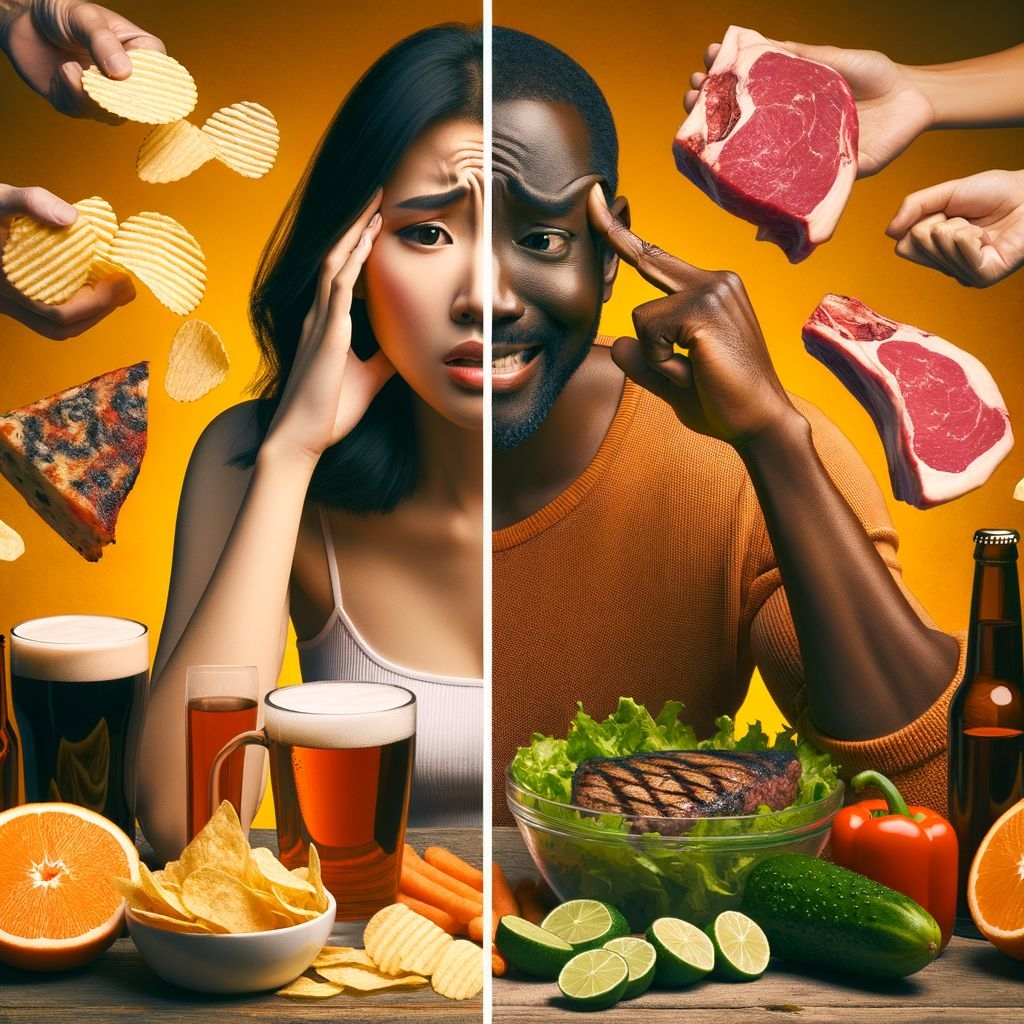
Mechanism of headaches related to dietary changes When following a low-carb, high-fat diet like the carnivore diet, the body produces ketone bodies as an alternative source of energy. Ketosis can lead to electrolyte imbalances, particularly low levels of magnesium, which are known to be associated with headaches and migraines.
Management strategies for carnivore diet-induced headaches To alleviate headaches while on the carnivore diet, it is essential to ensure adequate intake of electrolytes like magnesium, potassium, and sodium. Incorporating magnesium-rich foods like nuts, seeds, and leafy greens can help prevent imbalances and reduce the occurrence of headaches.
Exploring the Role of Ketosis in Carnivore Diet Headaches
Understanding ketosis and its impact on headaches Ketosis is a metabolic state in which the body burns fat for fuel instead of carbohydrates. While ketosis is a natural process that can lead to weight loss and improved energy levels, it may also contribute to headaches if not managed correctly.
Electrolyte imbalances and headaches in a ketogenic state In ketosis, the body excretes more water and electrolytes, which can lead to imbalances and potentially trigger headaches. Supplementing with electrolytes or consuming electrolyte-rich foods can help maintain proper hydration and prevent headaches while on a ketogenic diet.
Importance of proper nutrient intake to prevent headaches Consuming an adequate amount of essential nutrients, including magnesium, omega-3 fatty acids, and vitamins, is crucial for preventing headaches and supporting overall health on a ketogenic or carnivore diet. Nutrient-dense animal products like fatty fish and grass-fed meat can help meet these dietary requirements.
The Gut-Brain Axis and Headaches in Carnivore Diet
How gut health influences migraines on a carnivore diet The gut-brain axis plays a significant role in the development and exacerbation of migraines. Imbalances in the gut microbiome, which can be influenced by diet, may contribute to increased inflammation and migraine frequency in individuals following a carnivore diet.
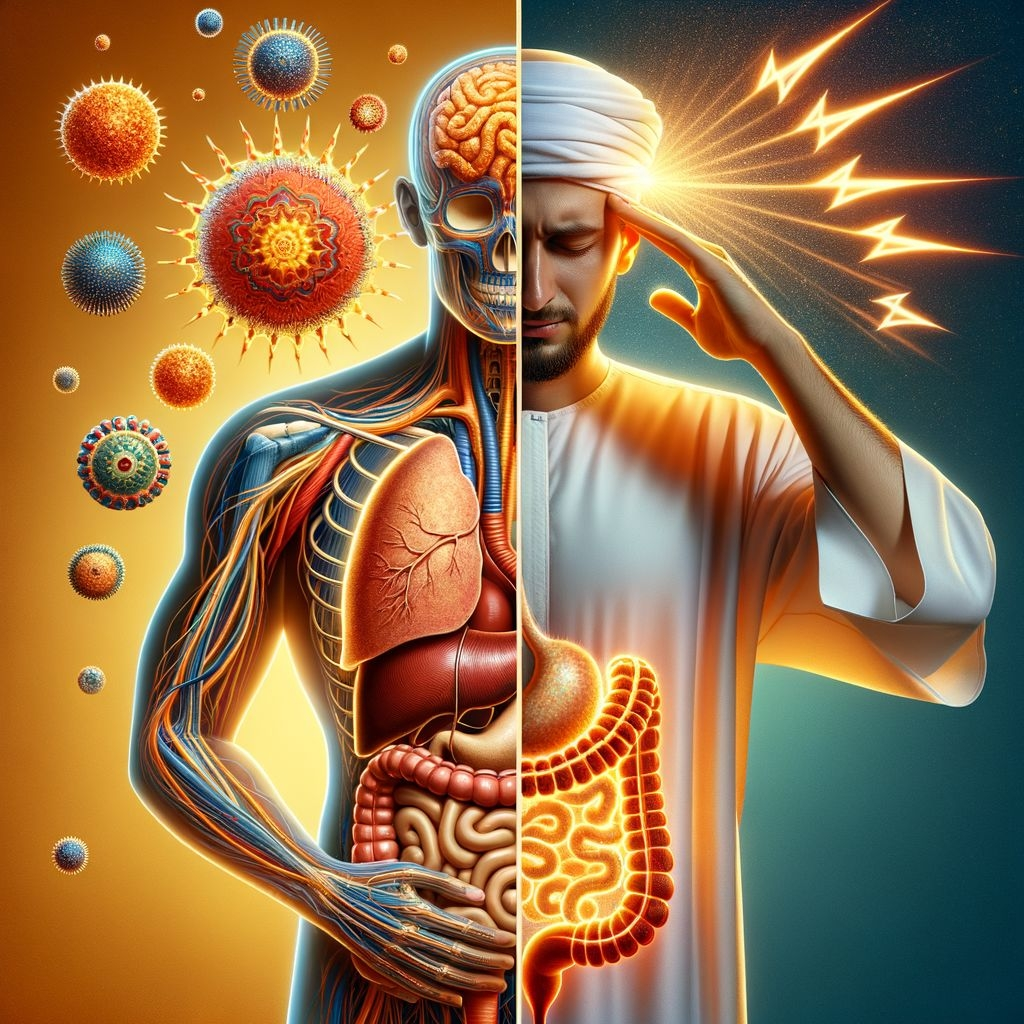
Effect of the gut microbiome on headache development A healthy gut microbiome is essential for overall well-being, including brain health and migraine prevention. Dysbiosis, or an imbalance in gut bacteria, may lead to inflammation and trigger migraines in susceptible individuals following a high-fat, low-carb diet like the carnivore diet.
Role of dietary factors like carbohydrates in headache occurrence While the carnivore diet restricts carbohydrates, which are typical migraine triggers for some individuals, it is essential to consider how other dietary factors may contribute to headache occurrence. Monitoring nutrient intake, especially electrolytes and omega-3 fatty acids, can help manage migraines effectively.
Headache on a CarnivoreDoet Frequently Asked Questions:
What is the carnivore diet?
The carnivore diet is a dietary approach that involves consuming only animal products and excluding all plant-based foods.
What are the side effects of the carnivore diet?
Some common short-term side effects of the carnivore diet include headaches, fatigue, and digestive issues as your body adjusts to the new eating pattern.
How do migraines relate to the carnivore diet?
Some individuals may experience headaches or migraines when starting the carnivore diet due to the abrupt change in dietary patterns, known as the “keto flu” phase.
Are there long-term side effects of the carnivore diet?
While there are reported benefits of the carnivore diet, long-term effects on health, such as potential nutritional deficiencies, are still being studied.
What is the gut-brain axis and how does it relate to the carnivore diet?
The gut-brain axis is the bidirectional communication between the gut microbiota and the brain. Changes in diet, such as starting a carnivore diet, can impact this axis and potentially lead to symptoms like brain fog.
How should one transition into a carnivore diet to minimize side effects?
It is recommended to gradually transition into a carnivore diet by slowly eliminating plant-based foods and increasing animal products to allow your body to adapt more smoothly.
What are the benefits of the carnivore diet?
Proponents of the carnivore diet claim benefits such as weight loss, improved mental clarity, and potential relief from certain health conditions. However, scientific evidence supporting these claims is limited.


